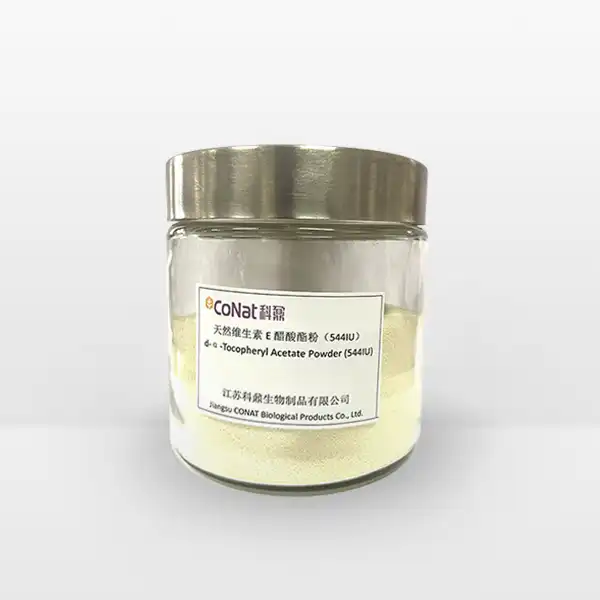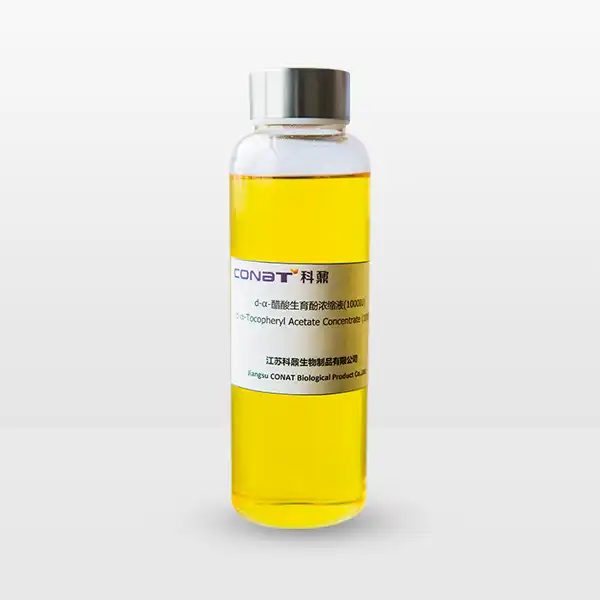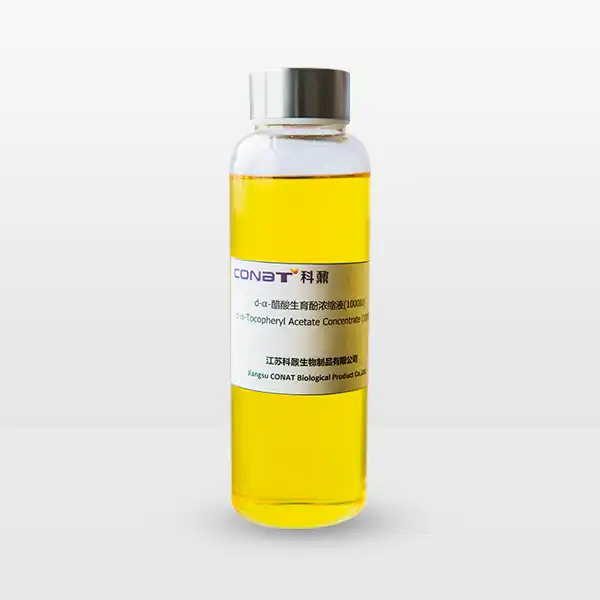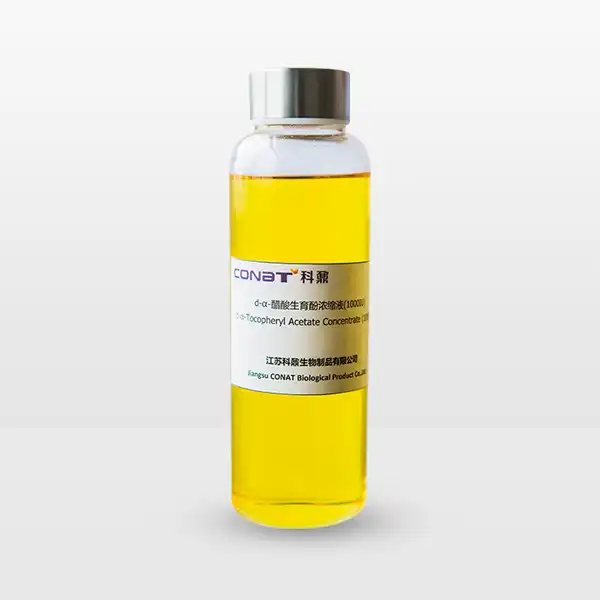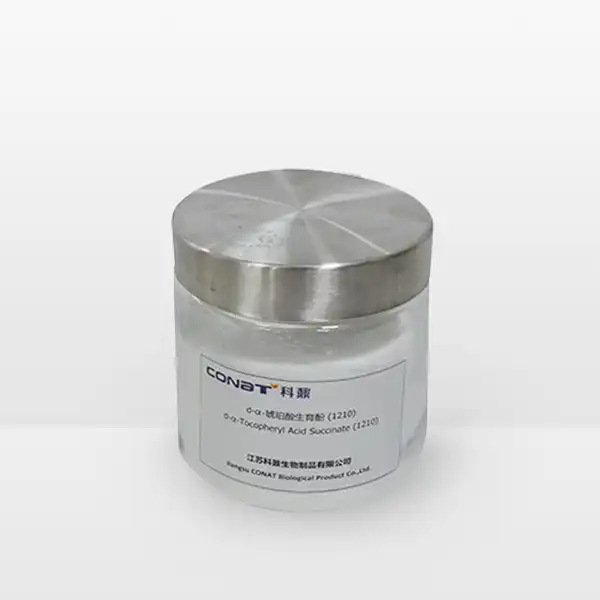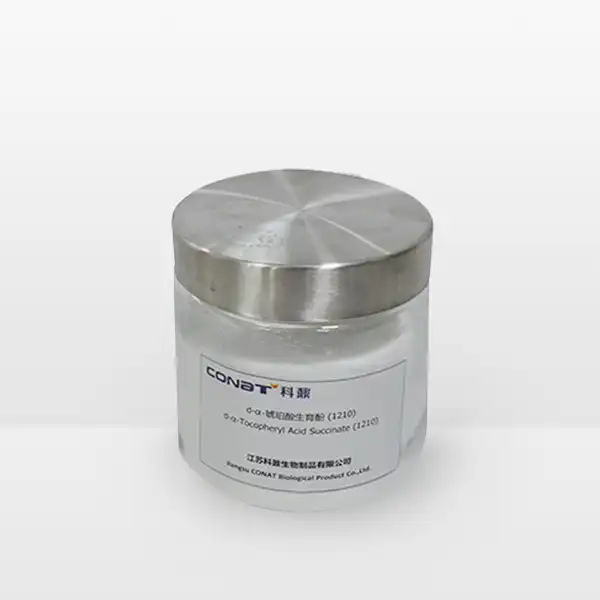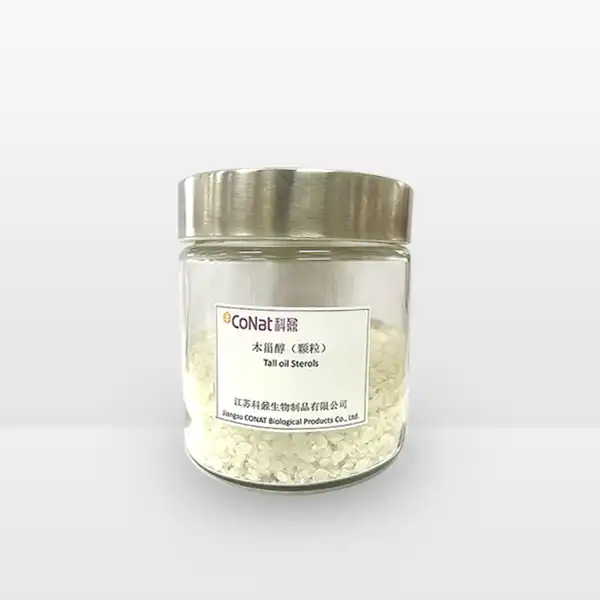- English
- French
- German
- Portuguese
- Spanish
- Russian
- Japanese
- Korean
- Arabic
- Greek
- German
- Turkish
- Italian
- Danish
- Romanian
- Indonesian
- Czech
- Afrikaans
- Swedish
- Polish
- Basque
- Catalan
- Esperanto
- Hindi
- Lao
- Albanian
- Amharic
- Armenian
- Azerbaijani
- Belarusian
- Bengali
- Bosnian
- Bulgarian
- Cebuano
- Chichewa
- Corsican
- Croatian
- Dutch
- Estonian
- Filipino
- Finnish
- Frisian
- Galician
- Georgian
- Gujarati
- Haitian
- Hausa
- Hawaiian
- Hebrew
- Hmong
- Hungarian
- Icelandic
- Igbo
- Javanese
- Kannada
- Kazakh
- Khmer
- Kurdish
- Kyrgyz
- Latin
- Latvian
- Lithuanian
- Luxembou..
- Macedonian
- Malagasy
- Malay
- Malayalam
- Maltese
- Maori
- Marathi
- Mongolian
- Burmese
- Nepali
- Norwegian
- Pashto
- Persian
- Punjabi
- Serbian
- Sesotho
- Sinhala
- Slovak
- Slovenian
- Somali
- Samoan
- Scots Gaelic
- Shona
- Sindhi
- Sundanese
- Swahili
- Tajik
- Tamil
- Telugu
- Thai
- Ukrainian
- Urdu
- Uzbek
- Vietnamese
- Welsh
- Xhosa
- Yiddish
- Yoruba
- Zulu
What are the Benefits of Sterol Complex?
Plant sterols, also known as phytosterols, have emerged as powerful natural compounds that can significantly impact human health. Sterol complex supplements have gained considerable attention in recent years due to their remarkable ability to support cardiovascular health and maintain healthy cholesterol levels. These naturally occurring substances, found in various plant-based foods, have been extensively studied for their therapeutic potential and are now available in concentrated supplement form to maximize their health benefits. The growing interest in natural health solutions has positioned sterol complex as a cornerstone in preventive healthcare, particularly for those seeking evidence-based alternatives to traditional medications.
How Does Sterol Complex Lower Cholesterol Levels?
Plant sterol complex works through a fascinating mechanism that directly influences cholesterol absorption in the digestive system. When consumed, these compounds compete with cholesterol for absorption in the intestines, effectively reducing the amount of cholesterol that enters the bloodstream. This process occurs because plant sterols have a similar molecular structure to cholesterol, allowing them to occupy the same absorption sites in the intestinal wall.
The competition between plant sterols and cholesterol results in a significant reduction in cholesterol absorption, sometimes by up to 30-40%. This reduced absorption leads to lower blood cholesterol levels, particularly LDL (low-density lipoprotein) cholesterol, often referred to as "bad" cholesterol. The unabsorbed cholesterol is then naturally eliminated from the body through regular digestive processes.
Research has shown that consuming 2-3 grams of plant sterols daily can lead to a reduction in LDL cholesterol levels by 8-15% within just a few weeks. This effect is particularly pronounced when sterol complex supplements are taken with meals, as they can more effectively interact with dietary cholesterol during the digestive process.
The cholesterol-lowering effect of sterol complex is complementary to other lifestyle modifications and medications. When combined with a heart-healthy diet and regular exercise, plant sterols can enhance the overall impact on cardiovascular health. This synergistic effect makes sterol complex an invaluable tool in maintaining healthy cholesterol levels and supporting long-term heart health.
Recent studies have also highlighted the potential of plant sterols in supporting healthy arterial function and maintaining proper blood pressure levels. The comprehensive cardiovascular benefits extend beyond mere cholesterol reduction, making sterol complex a valuable component of heart health strategies. Additionally, research suggests that plant sterols may help maintain healthy inflammation levels within the cardiovascular system, further contributing to their protective effects.
What Are the Immune System Benefits of Sterol Complex?
Beyond its well-documented effects on cholesterol management, sterol complex has shown promising benefits for immune system function. These compounds interact with various components of the immune system, helping to maintain and enhance its proper functioning through multiple mechanisms.
Plant sterols have been found to influence the production and activity of immune cells, including T-cells and natural killer cells, which are crucial for defending the body against pathogens and abnormal cells. This immunomodulatory effect helps maintain a balanced immune response, neither over-activating nor suppressing immune function.
Research has demonstrated that sterol complex can help support the body's natural inflammatory response, which is crucial for proper immune function. By helping to regulate inflammatory mediators, plant sterols contribute to maintaining a healthy immune system balance. This regulatory effect is particularly beneficial for individuals looking to support their immune system during periods of stress or seasonal challenges.
Additionally, sterol complex has been shown to support the integrity of cell membranes, which is essential for proper immune cell function and communication. The structural similarity between plant sterols and cholesterol allows them to integrate into cell membranes, potentially improving membrane fluidity and cellular function.
Studies have indicated that regular consumption of plant sterols may help enhance the body's resistance to environmental stressors and support overall immune system resilience. This immune-supporting effect has been observed in both short-term and long-term studies, suggesting that sterol complex can be beneficial for both immediate and ongoing immune system support.
The immune-enhancing properties of plant sterols are particularly relevant in today's health-conscious environment. Research has shown that these compounds may help modulate the production of specific antibodies and cytokines, contributing to a more balanced and effective immune response. Furthermore, plant sterols have demonstrated potential to support respiratory health and seasonal wellness, making them a valuable addition to immune support protocols.
Can Sterol Complex Help with Weight Management?
While primarily known for its cholesterol-lowering properties, sterol complex has shown promising potential in supporting healthy weight management through various mechanisms. This aspect of plant sterols has garnered increasing attention from researchers and health professionals interested in natural approaches to weight management.
Plant sterols may influence fat metabolism and absorption, potentially affecting how the body processes and stores dietary fats. Some studies suggest that sterol complex can help regulate adipose tissue function and influence the expression of genes involved in fat metabolism. This regulatory effect may contribute to maintaining healthy body composition when combined with proper diet and exercise.
Furthermore, sterol complex may help support healthy blood sugar levels, which is crucial for weight management. By influencing glucose metabolism and insulin sensitivity, plant sterols could help maintain stable energy levels throughout the day, potentially reducing cravings and supporting healthy eating patterns.
Research has also indicated that plant sterols might affect the production and function of hormones involved in appetite regulation and metabolism. This hormonal influence could help support healthy appetite control and energy balance, making it easier for individuals to maintain a healthy weight when combined with appropriate lifestyle choices.
The fiber-like properties of plant sterols may also contribute to feelings of satiety, helping individuals feel satisfied with their meals for longer periods. This effect, combined with their potential influence on fat metabolism and blood sugar regulation, makes sterol complex an interesting component in comprehensive weight management strategies.
Long-term studies have suggested that regular consumption of plant sterols, as part of a balanced diet and healthy lifestyle, may support maintaining a healthy weight over time. This effect is particularly notable when sterol complex is combined with other healthy habits such as regular physical activity and a nutrient-rich diet.
Recent research has expanded our understanding of how plant sterols interact with gut bacteria, potentially influencing metabolism and weight management through the gut-brain axis. This emerging area of study suggests that sterol complex may have broader implications for metabolic health than previously recognized. Additionally, studies have shown that plant sterols may help optimize the body's natural fat-burning processes, particularly when combined with regular exercise and proper nutrition.
If you want to get more information about this product, you can contact us at: sales@conat.cn.
References:
1. Journal of Nutrition (2020). "Plant Sterols: A Comprehensive Review of Their Role in Cardiovascular Health"
2. American Journal of Clinical Nutrition (2021). "Effects of Plant Sterols on Cholesterol Metabolism"
3. European Journal of Clinical Nutrition (2019). "Immunomodulatory Effects of Plant Sterols"
4. Lipids in Health and Disease (2022). "Plant Sterols and Weight Management"
5. Nutrition Reviews (2021). "The Role of Phytosterols in Human Health"
6. Journal of Lipid Research (2020). "Mechanisms of Action of Plant Sterols"
7. Current Pharmaceutical Design (2021). "Plant Sterols as Therapeutic Agents"
8. International Journal of Molecular Sciences (2022). "Plant Sterols and Immune Function"
9. Advances in Nutrition (2021). "Clinical Applications of Plant Sterols"
10. Frontiers in Nutrition (2022). "Recent Advances in Understanding Plant Sterol Benefits"
YOU MAY LIKE
